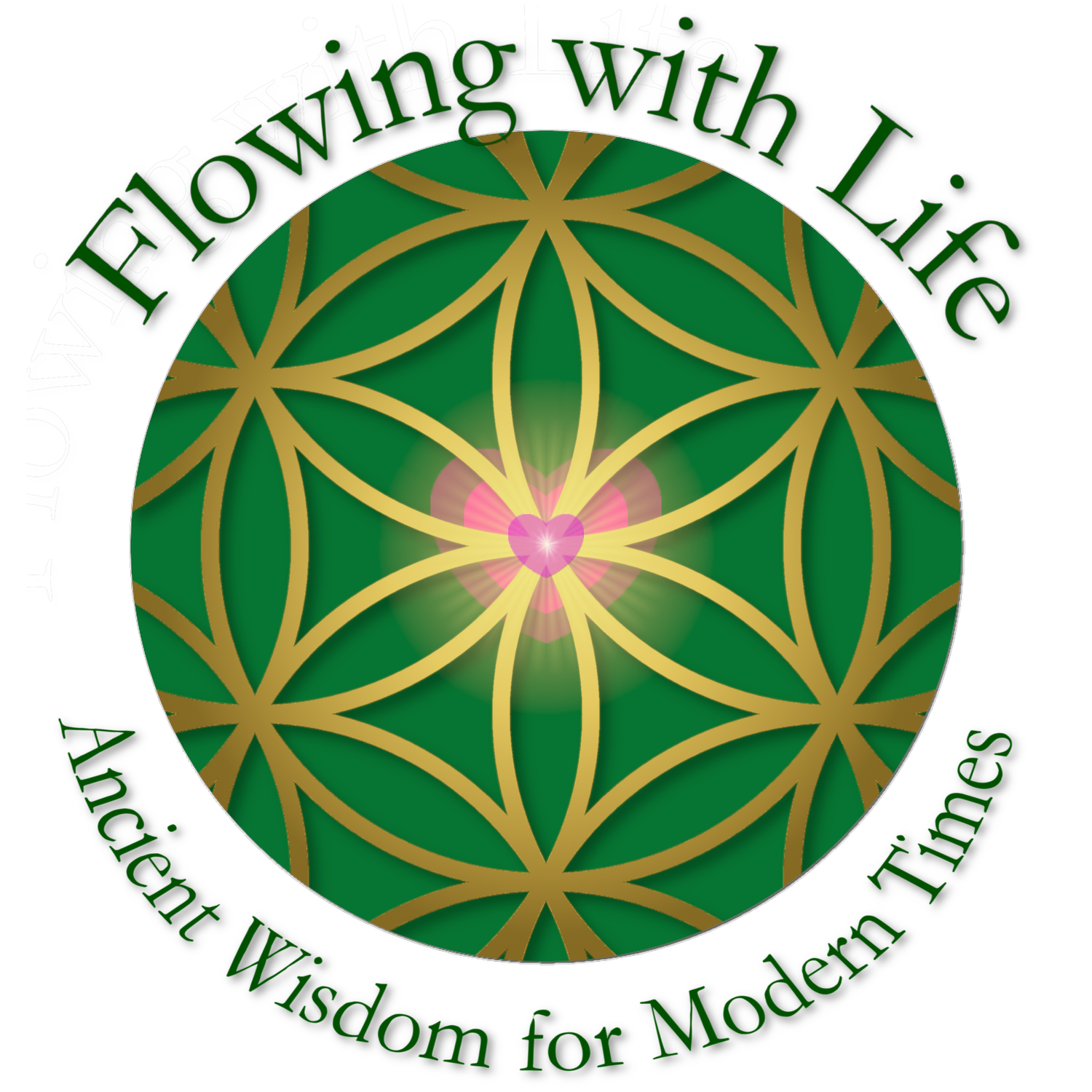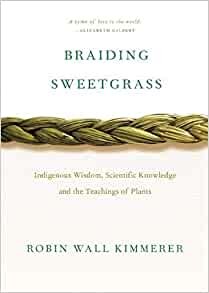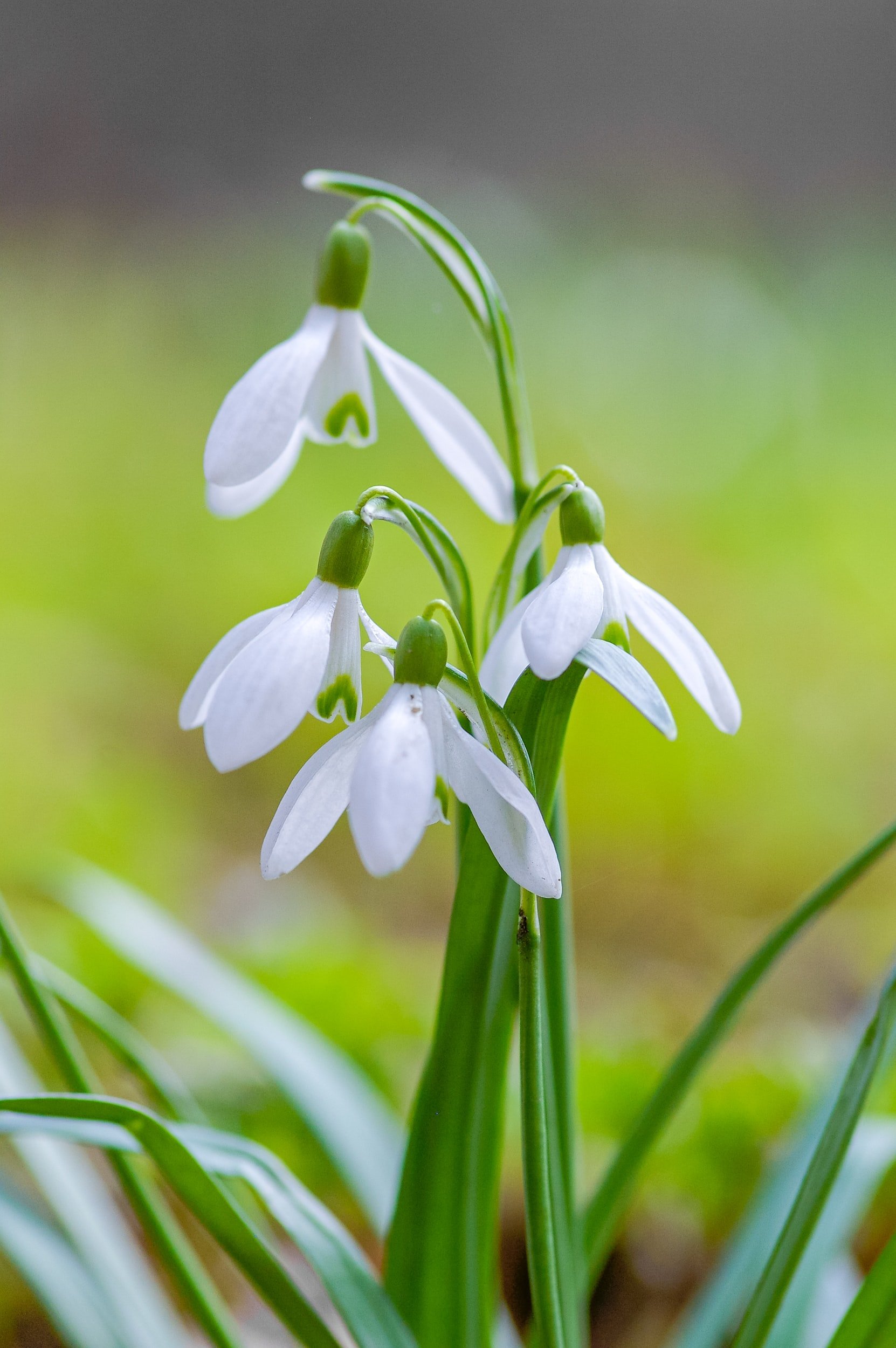Prenatal Care for the Rebirth of a Nation
Bringing the Imbolc Fire by Wendy Andrews
Today marks the Celtic holiday of Imbolc, associated with the Goddess and Saint Brigid and the beginnings of the birth of spring. Spiritual guide and wellbeing coach Vishwam Heckert invites us to consider the coming rebirth of our Nation and how we can all help.
When something wonderful is potentially coming into our lives, we do well to lovingly attend to the whole process. Or, for the more philosophically minded, the ends cannot justify the means if there is no end … only means. Life is continuous. So we don’t need to wait to contribute, for example, to Scotland’s independence.
The (re)birth of a nation might have a particular date, in a way, which will be celebrated annually like the 4th of July in the United States or the Cinco de Mayo in México. That is until such time that the Nation transforms once again – maybe into even smaller human-scale regions. Nations are, after all, living beings. And all living beings change. But we’re getting ahead of ourselves here.
The rebirth of the nation has a governmental process which is perhaps the most obvious element. In fact, we might become fixated on that part just as we might find ourselves pulled into the medical view of birth as the only authority worth listening to. There are so many ways to create, contribute and give birth to new life!
We risk radically disempowering ourselves when we rely entirely on those who seem to be authorities… They have their place, of course, acting as advisors or public servants. Sometimes they offer incredibly valuable help. But we can’t really give them responsibility for our lives, the lives of our children or the life of this Nation. We all have response-ability to contribute. And we can cultivate that ability through caring for ourselves, for each other and for the land we call home.
In Braiding Sweetgrass, Potawatomi botanist Robin Wall Kimmerer describes how Native Nations do not generally talk of rights, but of responsibilities. The emphasis in any culture that wishes to nurture life (which is what culture means — like a yoghurt culture) is focused on empowerment and care. These are the roots of our ability to respond.
“For all of us, becoming indigenous to a place means living as if your children’s future mattered, to take care of the land as if our lives, both material and spiritual, depended on it,” writes Kimmerer.
The process of birth, whether of a baby or of a Nation, includes both material and spiritual aspects. Materially (notice the mater/mother here) nurturing our own lives in whatever small ways we can contributes to the health of the national and global bodies. Just as pregnant women might find themselves letting go of unhealthy habits by developing more helpful ones for the well-being of themselves and their beloved child-to-be, we can do the same for the rebirth of this Nation (and of the whole world).
Please note, this isn’t a call for self-control out of guilt, but rather a way of honouring life. When we see that we’re not separate from life, from nature, from society, it becomes obvious that caring for ourselves is an essential part of caring for the whole. Self care is not selfish – it’s a practical way of caring equally about everyone, including ourselves.
Likewise, can we consciously cultivate our spiritual life to be more attuned to what we might call inner authority. The body has a natural wisdom which we can learn to honour. And you may have felt or heard what many have called the “small quiet voice” that whispers only wisdom. We might call this voice intuition, conscience or the voice of the (spiritual) heart. It’s very different from our usual mental commentary (often telling us how we’re doing everything wrong!). This voice doesn’t repeat itself, but offers simple, gentle and clear guidance.
While the history of Scotland is remarkably sectarian offering only two obvious spiritual traditions, today we are blessed with innumerable options. If you’re not sure if you have “a path” yourself yet, you might like to notice what brings you joy. What helps you feel more present, connected with life, and vibrant?
Maybe it’s spending time outdoors simply enjoying the trees, the sky, the earth and sea. Maybe it’s lovingly chopping vegetables for a nourishing meal. Maybe it’s your morning meditation and yoga practice, setting you up for the day. Maybe it’s creating or listening to beautiful music that lifts your heart. Maybe it’s going for a run, or hiking in the hills or playing football. Maybe it’s reading or writing poetry or other healing words of wisdom, or drawing or painting in playful way. Maybe it’s listening to others with full presence and attention. Maybe it’s helping to bring people together to support each other in challenging times. Maybe it’s going to church, mosque, temple or standing stones….
Whatever it is for you, you might ask yourself: Would I like more of that? Would I like more joy, more presence, more connection in my life? And if the answer is yes, what practical steps could you take to make that a priority?
Perhaps you’ve noticed, we never come to the end of our to do lists… (no ends, only means). There are always ways to keep busy. Always ways to distract ourselves. Is that the life you want for yourself? For this nation? We could choose healing instead.
Whether or not you or others you know support the movement for independence, and however we might feel about various political parties and even idea of the state, probably we all agree that we want Scotland to be a healthy nation. Nurturing ourselves is one practical way we can contribute.
Let us remember, we’re not just the children of those who come before us. We are also the ancestors of the future. In a way, we’re all pregnant with that future.
First published by Bella Caledonia



